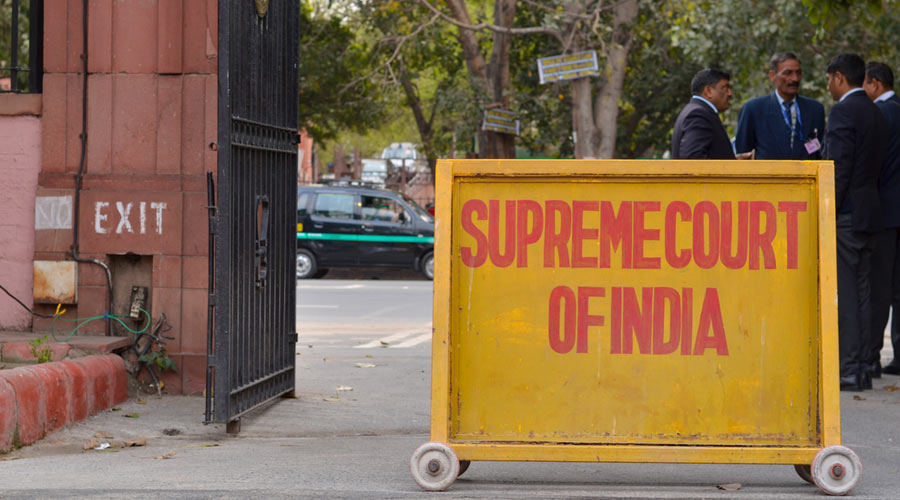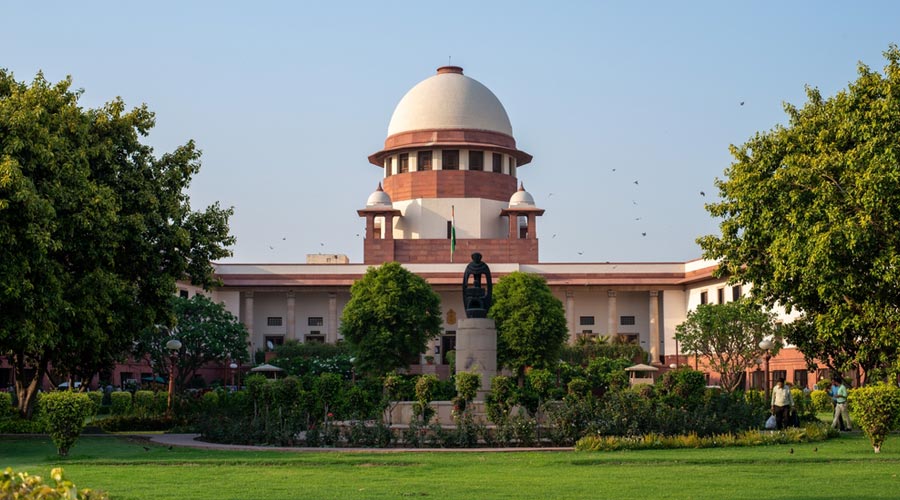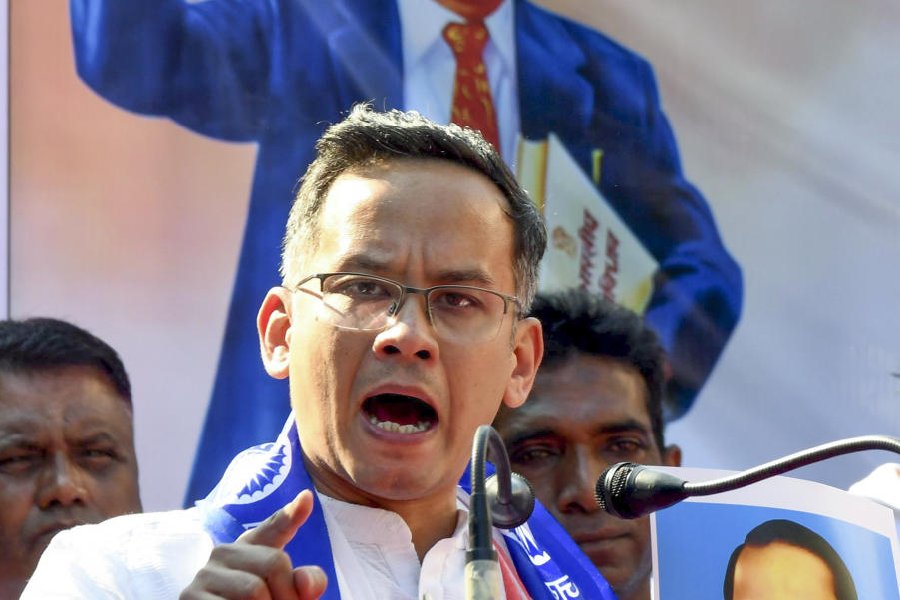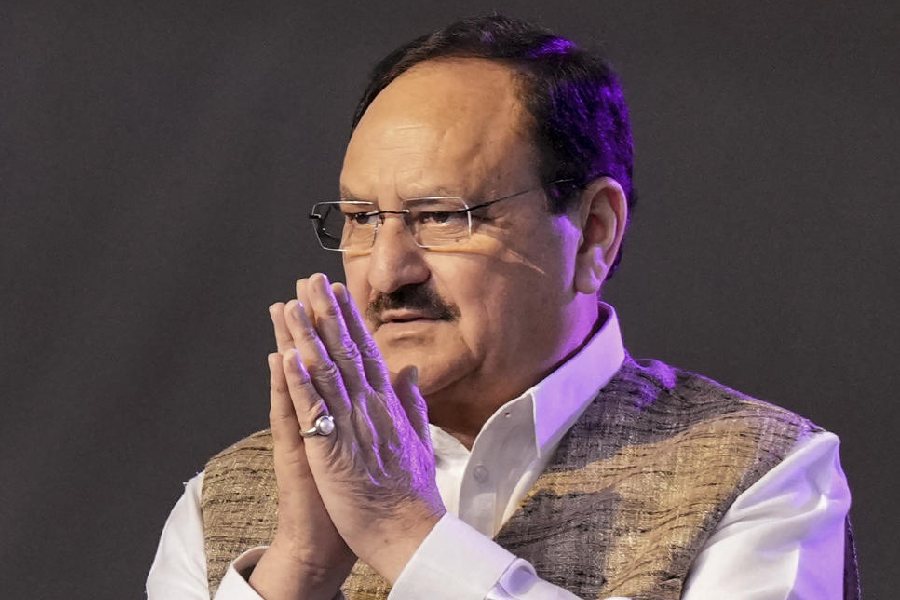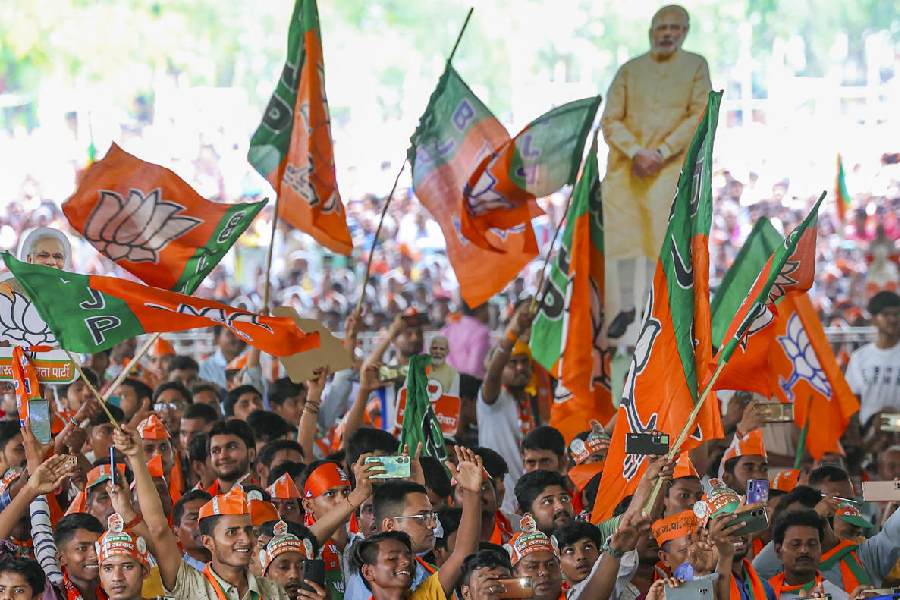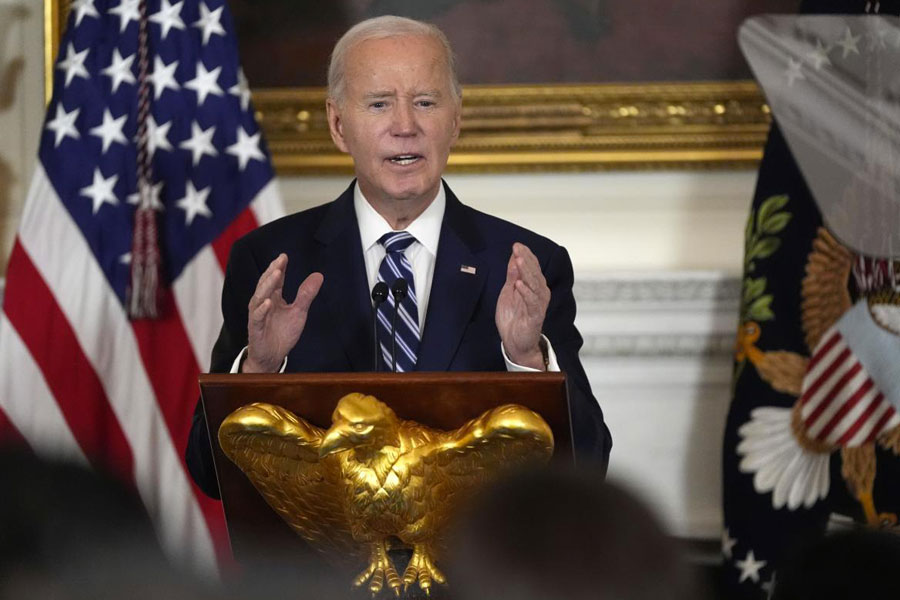NCW chief Rekha Sharma on Monday welcomed the Supreme Court decision to do away with the six months waiting period for divorce through mutual consent under some conditions, saying it will give a chance to women to move on and plan their future.
The apex court on Monday held that it can dissolve marriages on the ground of "irretrievable breakdown of marriage" invoking powers under Article 142 of the Constitution. It further held that the mandatory waiting period of six months for divorce through mutual consent can be done away with, subject to conditions.
Reacting to the verdict, the National Commission for Women (NCW) chairperson said the decision will give a chance to women to move ahead in life. "I welcome the decision. If done with mutual consent, it will give a chance to women to move ahead in their lives and plan their future," she told PTI.
Article 142 of the Constitution deals with the enforcement of decrees and orders of the apex court to do "complete justice" in any matter pending before it.
"...we have accordingly, in consonance of our findings, held that it is possible for this court to dissolve the marriage on the ground of irretrievable breakdown of marriage. That will not contravene the specific or fundamental principles of public policy," a five-judge Constitution bench headed by Justice S K Kaul said.
The bench, also comprising justices Sanjiv Khanna, A S Oka, Vikram Nath and J K Maheshwari, was dealing with more than one set of questions including what could be the broad parameters for the exercise of powers under Article 142 to dissolve a marriage between consenting parties without referring them to the family court to wait for the mandatory period prescribed under section 13-B of the Hindu Marriage Act.
While pronouncing the verdict, the bench said it has never been in doubt or debate that the top court is empowered under Article 142 (1) of the Constitution to do "complete justice".
"... we have held that the period of six months can be dispensed with subject to the requirements and conditions as specified in the two judgements of this court...," Justice Khanna, while pronouncing the verdict on behalf of the bench, said.
The top court had reserved its verdict in the matter on September 29 last year.
While hearing arguments, it had observed that social changes take a "little time" and sometimes it was easier to bring a law but difficult to persuade society to change with it.
The bench was also considering whether its sweeping powers under Article 142 are inhibited in any manner in a scenario where a marriage has irretrievably broken down in the opinion of the court but one of the parties is resisting divorce. Two questions, including whether the exercise of such jurisdiction by the apex court under Article 142 should not be made at all or whether such exercise should be left to be determined in the facts of every case, were earlier referred to a constitution bench.
On September 20 last year, the apex court had said, "We do believe that another question which would require consideration would be whether the power under Article 142 of the Constitution of India is inhibited in any manner in a scenario where there is an irretrievable breakdown of marriage in the opinion of the court but one of the parties is not consenting to the terms."
Except for the headline, this story has not been edited by The Telegraph Online staff and has been published from a syndicated feed.

